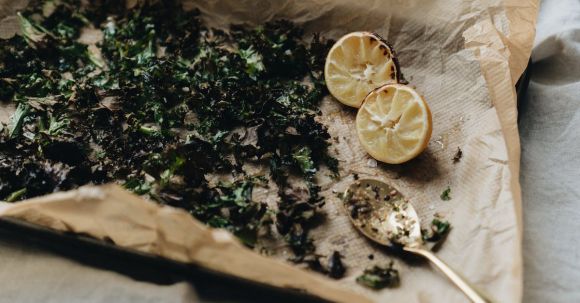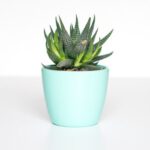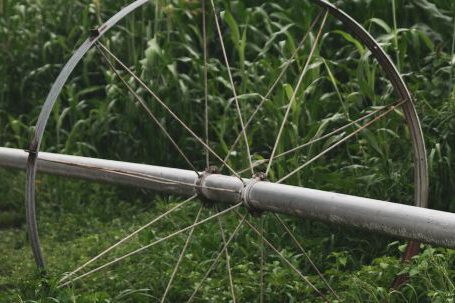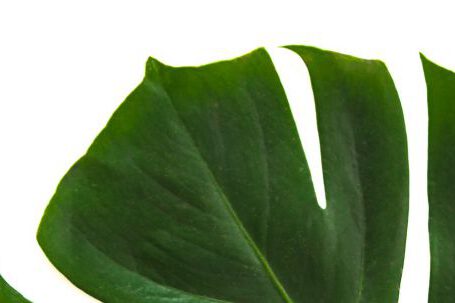Winter is a challenging time for many gardeners, especially those who love to grow their own herbs. With freezing temperatures and limited sunlight, it may seem impossible to keep your herb garden alive during this season. However, with the right knowledge and techniques, you can successfully grow herbs indoors during winter. In this article, we will explore the steps you can take to maintain a thriving indoor herb garden even when it’s cold outside.
Choosing the Right Herbs
The first step in growing herbs indoors during winter is to choose the right herbs. Some herbs are better suited for indoor cultivation than others. Herbs such as parsley, thyme, mint, and chives are known to thrive in indoor environments. These herbs are hardy and can withstand lower light conditions, making them perfect for growing indoors during winter.
Providing Adequate Light
One of the biggest challenges of growing herbs indoors during winter is the lack of sunlight. Herbs require at least six hours of direct sunlight each day to grow properly. To overcome this challenge, you can use artificial lighting. LED grow lights are a popular choice among indoor gardeners as they provide the full light spectrum needed for plant growth. Position the grow lights about 6-12 inches above the herbs and keep them on for 12-16 hours each day.
Choosing the Right Containers
When growing herbs indoors during winter, it’s important to choose the right containers. Opt for containers that have drainage holes to prevent waterlogged soil, which can lead to root rot. Additionally, choose containers that are large enough to accommodate the growth of your herbs. Herbs such as basil and parsley have extensive root systems and require deeper containers.
Using the Right Soil
Using the right soil is crucial for the success of your indoor herb garden. Herbs prefer well-draining soil that is rich in organic matter. You can create a suitable soil mix by combining equal parts of potting soil, perlite, and compost. This will provide the herbs with the necessary nutrients and ensure proper drainage.
Watering and Humidity
Proper watering is essential for the health of your indoor herbs. During winter, the dry indoor air can cause the soil to dry out quickly. To prevent this, water your herbs regularly, ensuring that the soil is evenly moist but not waterlogged. Use a moisture meter to gauge the moisture level of the soil and adjust your watering accordingly.
In addition to watering, maintaining humidity levels is also important for the well-being of your herbs. Herbs prefer a humidity level of around 40-50%. To increase humidity, you can place a tray of water near the plants or use a humidifier.
Pruning and Harvesting
Regular pruning and harvesting are important for the growth and productivity of your indoor herbs. Pruning helps to promote bushier growth and prevent leggy plants. Harvesting your herbs regularly not only ensures a continuous supply of fresh herbs but also encourages new growth. Use sharp scissors or pruning shears to harvest your herbs. Remember to harvest from the top, leaving at least one-third of the plant intact to allow for regrowth.
In conclusion, growing herbs indoors during winter is not only possible but also rewarding. By choosing the right herbs, providing adequate light, using the right containers and soil, and paying attention to watering and humidity, you can enjoy fresh herbs year-round. So don’t let the winter season deter you from pursuing your love for gardening – get creative and start your own indoor herb garden today!





